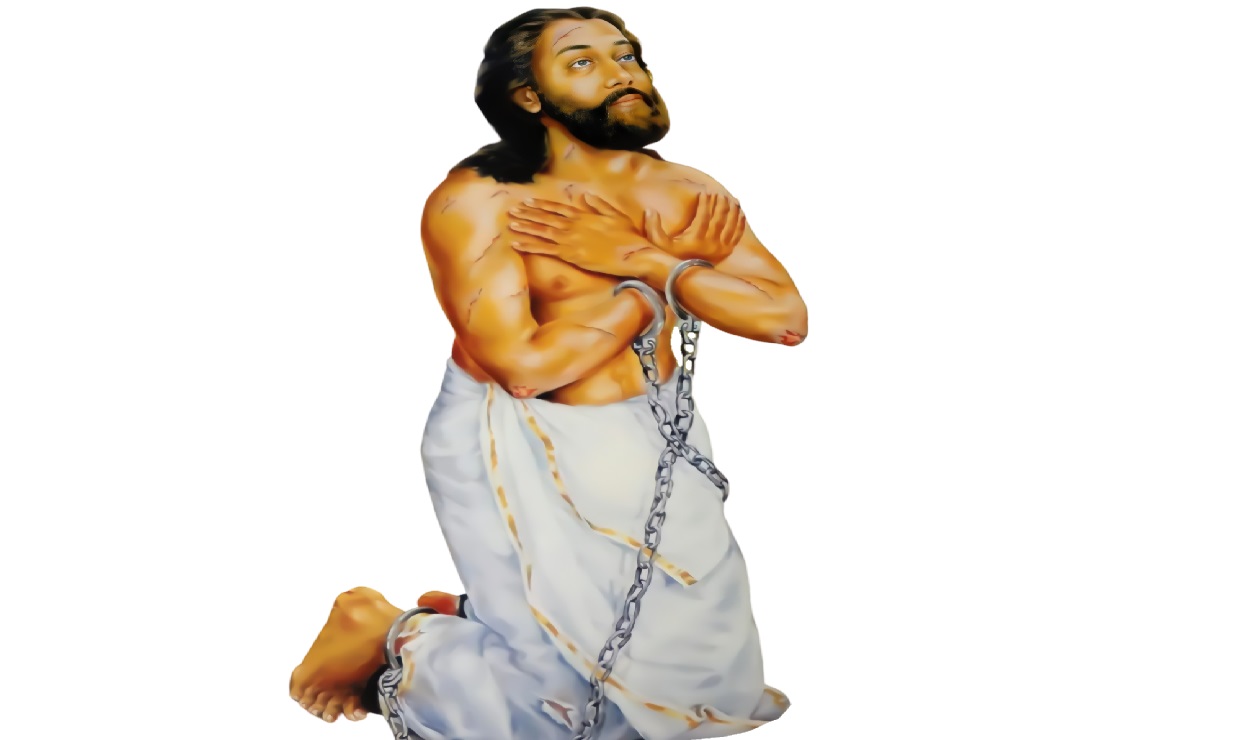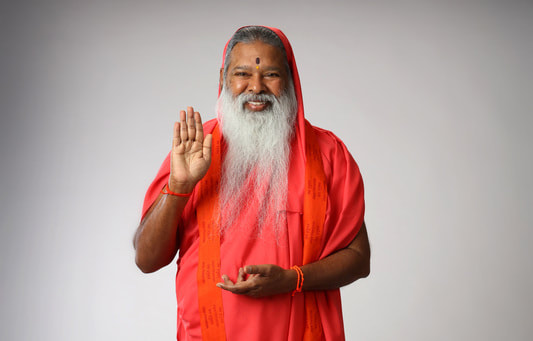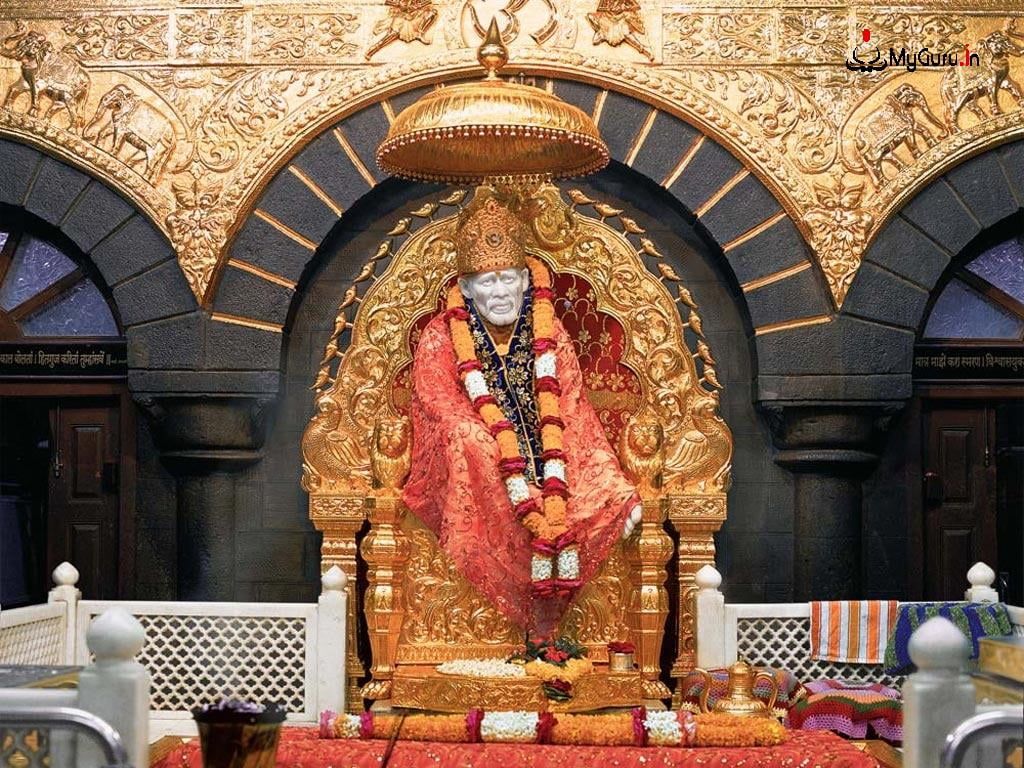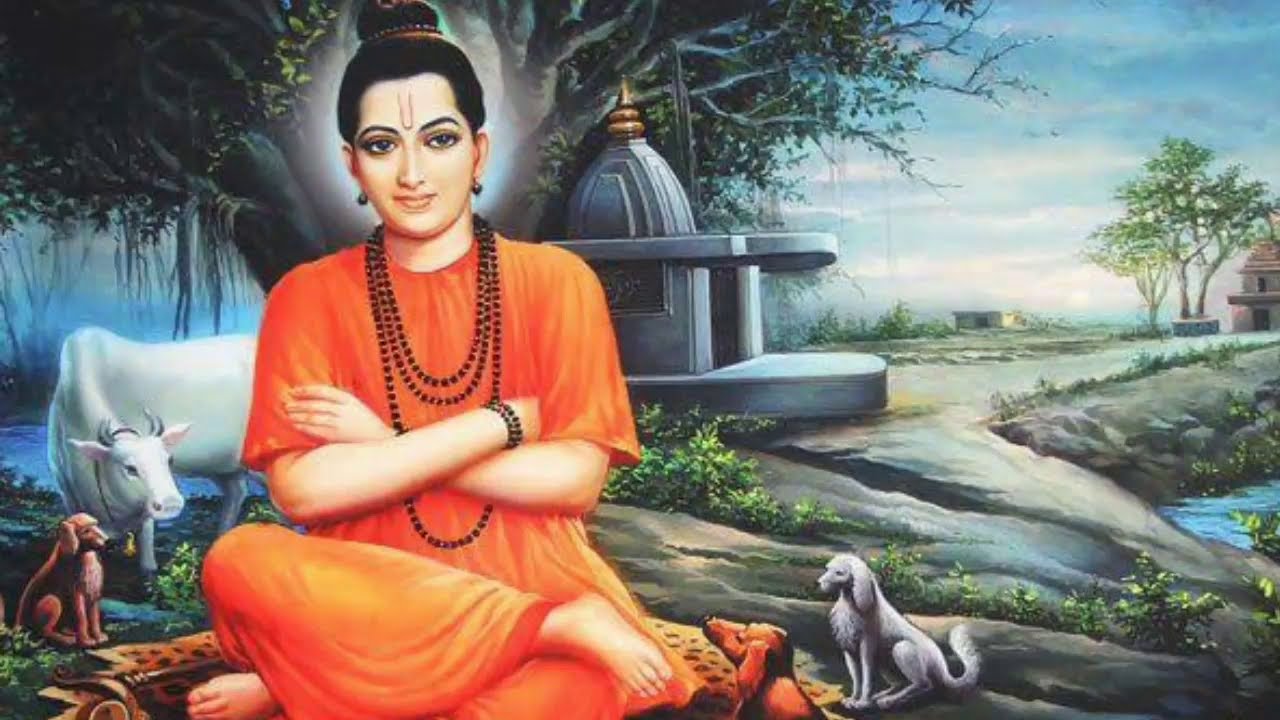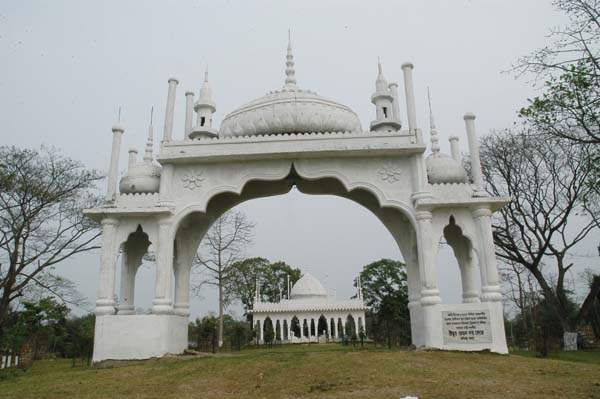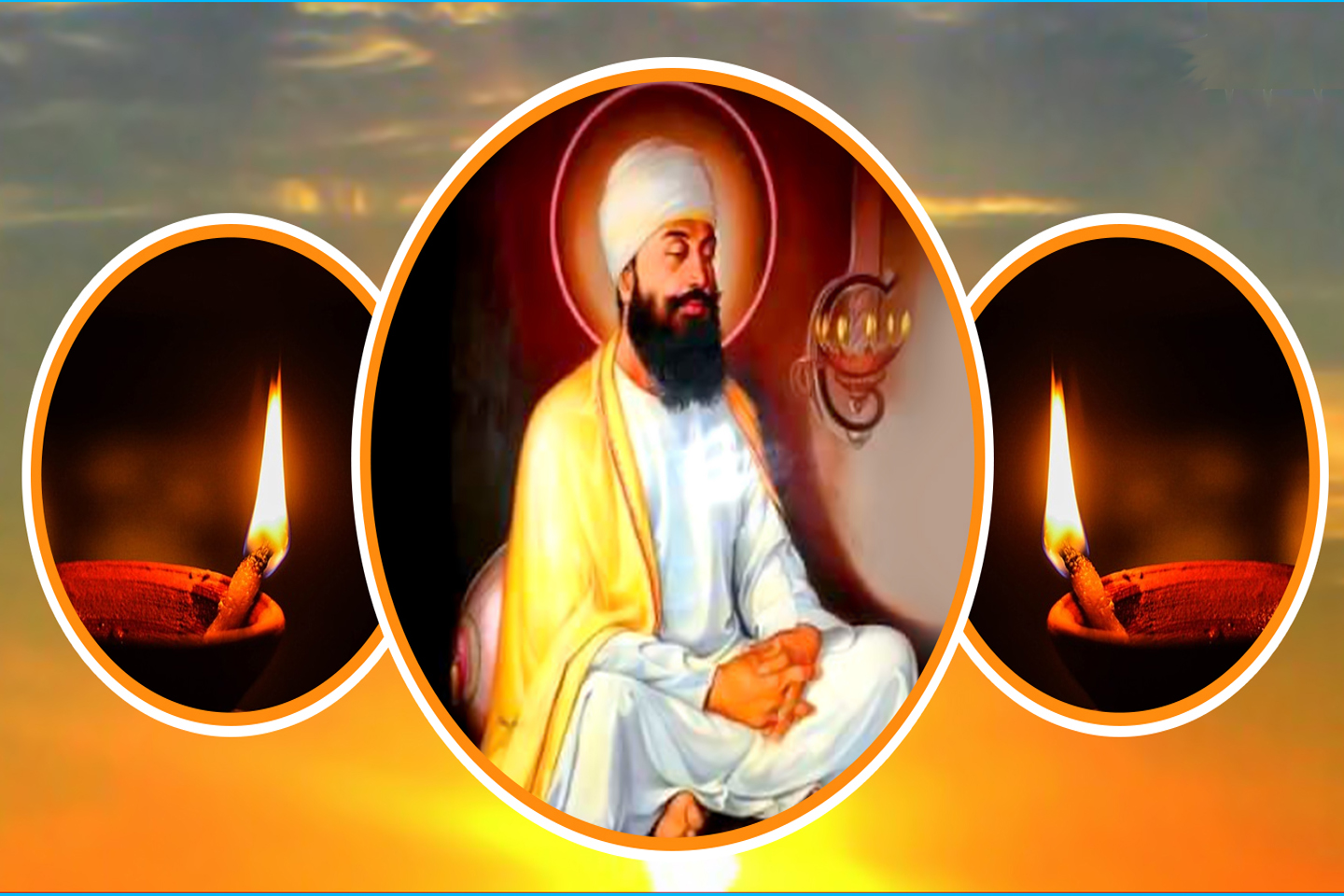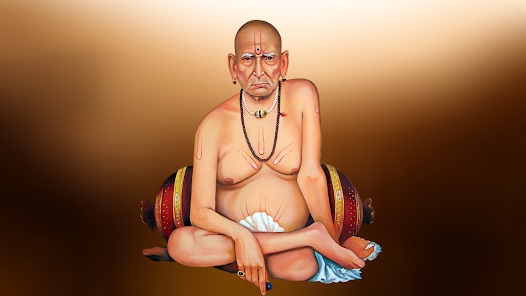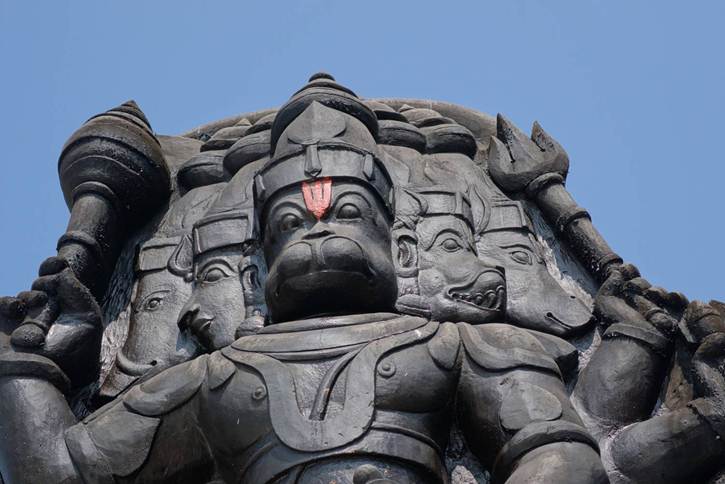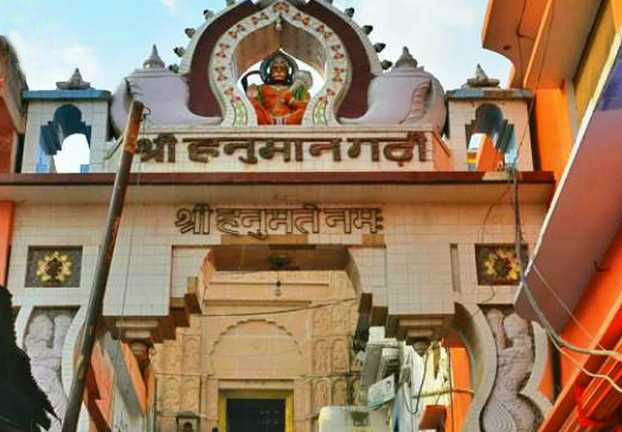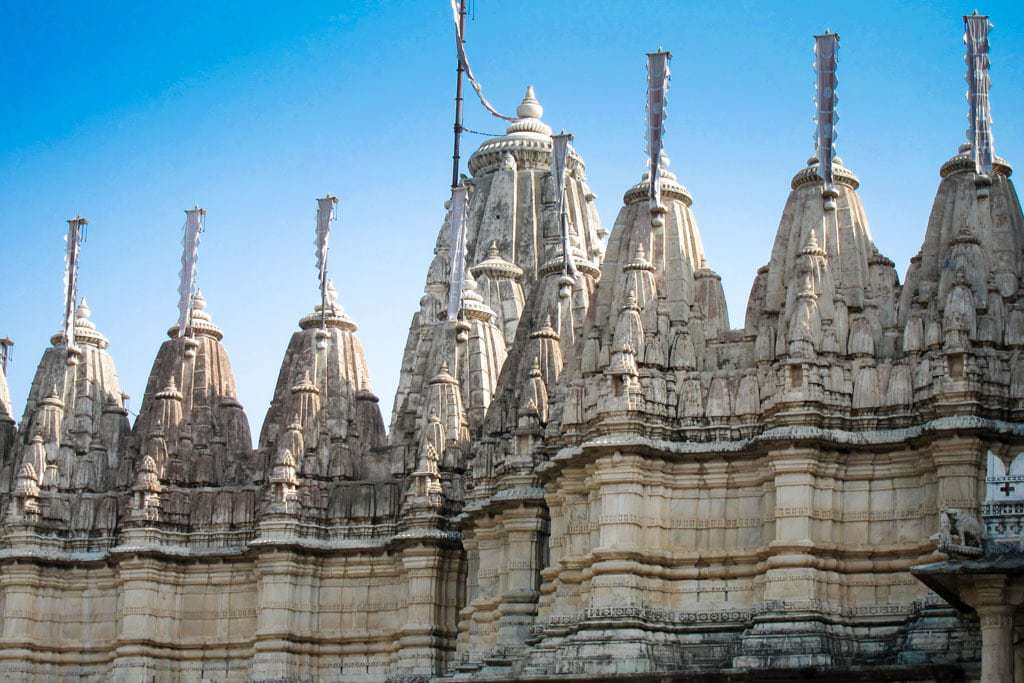Devasahayam Pillai, an Indian layman who lived in the 18th century, is making waves globally as the first Indian layperson to be canonised by the Catholic Church. His life story is not just a testament to his personal faith but also an inspiring example of spirituality, courage, and sacrifice. His canonisation in 2022 by Pope Francis has brought his name to the forefront, highlighting his significant contributions to religious tolerance, social justice, and his unwavering commitment to the Christian faith.
A Life Transformed by Faith: From Hindu to Catholic
Born as Neelakanta Pillai in Kanyakumari (then part of the Travancore Kingdom) in 1712, Devasahayam was a man of humble origins, coming from a Hindu Nair family. He served in the royal court of King Marthanda Varma and was initially a military officer. However, a chance encounter with the Christian faith would change his life forever.
At the age of 30, Devasahayam converted to Christianity, a decision that would forever alter his fate. He adopted the Christian name Devasahayam (meaning ‘God is my help’), marking the beginning of his remarkable spiritual journey. His conversion was met with great opposition from his family, friends, and the local community, particularly given the strong social and political pressures of the time.
Devasahayam’s commitment to his new faith was unwavering. He embraced Christianity not just as a personal belief but as a way of life, helping those in need and spreading the message of love and compassion. He is remembered for his courage in the face of adversity, as his decision to convert led to his ostracisation from the community, family disownment, and even threats to his life.
Persecution and Martyrdom
Devasahayam’s steadfast faith did not go unnoticed. His conversion was seen as a threat by the local rulers and Hindu religious authorities, who sought to suppress the growing Christian community. His refusal to renounce his faith led to his eventual imprisonment and torture.
In 1752, after several years of persecution, Devasahayam was captured, tortured, and executed by the authorities under orders from the Travancore King. His execution is one of the most poignant moments in his life, symbolising his ultimate sacrifice for his belief. Despite enduring immense suffering, he remained resolute in his faith until his death, reportedly praying for his persecutors even in his final moments.
Canonisation and Recognition
Devasahayam’s life and legacy began to gain attention well after his death. In 2008, the process of his beatification was initiated by the Syro-Malabar Catholic Church, and in 2012, the Vatican declared him a Servant of God, the first step in the canonisation process. The Vatican further recognised his martyrdom as “heroic virtue”, leading to his eventual beatification in 2012 and canonisation in 2022.
His beatification process was marked by extensive research, including the examination of his life, virtues, and the miracles attributed to him. Devasahayam’s canonisation was a significant moment for both the Catholic Church and the Christian community in India. The ceremony took place in St. Peter’s Square in the Vatican on May 15, 2022, and was attended by a large number of Indian Catholic bishops, priests, and laypersons, as well as representatives from the Indian government.
Legacy and Impact
Devasahayam Pillai’s legacy extends beyond his canonisation. He is celebrated as a martyr who stood firm in his faith despite tremendous hardship, and his life continues to inspire millions across India and the world. His canonisation has reignited discussions on religious freedom, social justice, and the importance of interfaith dialogue.
In his native region of Kanyakumari, Devasahayam is revered as a saint and a symbol of religious harmony. Churches and shrines dedicated to him, such as the Devasahayam Pillai Church in Nattalam, attract thousands of pilgrims every year. His canonisation also serves as a reminder of the rich Christian heritage in India, particularly in the southern states like Kerala and Tamil Nadu, where Christianity has a long history.
Devasahayam Pillai: A Beacon of Faith in Modern Times
Today, Devasahayam Pillai is remembered not just as a Christian martyr but as a symbol of faith, resilience, and sacrifice. His life story transcends religious boundaries, serving as a beacon of inspiration for all those who face adversity and persecution for their beliefs.
His canonisation also speaks volumes about the increasing recognition of Indian saints in the global Catholic Church. As the first layman from India to be canonised, Devasahayam Pillai’s life sets a precedent for future candidates from the region, inspiring both Christians and non-Christians alike with his example of courage, compassion, and selflessness.
Visiting the Sites of Devasahayam’s Life
For those who wish to delve deeper into the life of Devasahayam Pillai, there are several important locations associated with him:
- Devasahayam Pillai Church in Nattalam – A shrine dedicated to the saint, drawing numerous pilgrims each year.
- St. Mary’s Church in Kanyakumari – Known for being the site of his early Christian conversion and a place where many devotees seek spiritual solace.
- The Shrine at the Fort of Travancore – Where he was tortured and martyred, marking the culmination of his sacrifice for his faith.
Best Time to Visit:
The ideal time to visit these locations is during the festival of Devasahayam Pillai, typically observed in May, around the anniversary of his canonisation. The cooler months of October to March also offer comfortable weather for pilgrimage visits.

